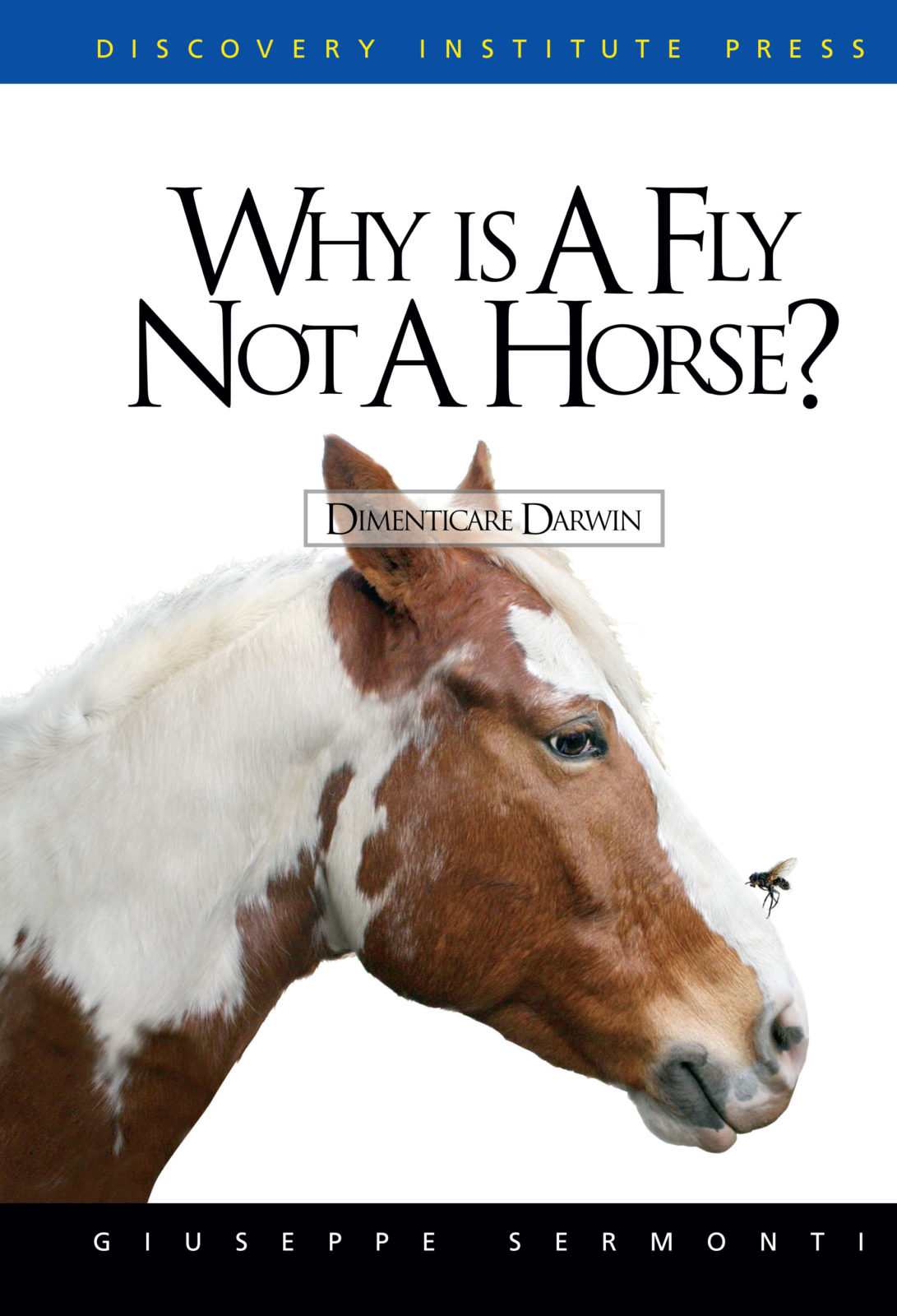William Tucker is a Senior Fellow of Discovery Institute
Today President George Bush will fly to Scott Air Force Base, Illinois, then drive 15 miles northwest to address a crowd at the Gateway Center in Collinsville, which is right next door to Edwardsville, the epicenter of America’s tort crisis.
Madison County, Illinois, has earned all this attention by becoming the nation’s number-one “judicial hellhole,” as the American Tort Reform Association has coined the phrase. “It’s a place where the judicial system has broken down,” says Sherman “Tiger” Joyce, executive director of the American Tort Reform Association.
Actually, Dickie Scruggs, the Pascagoula, Mississippi attorney who started the original $275 billion Medicaid/tobacco lawsuit (and collected several billion in the process) put it better. Speaking before an asbestos conference sponsored by Prudential Securities in 2002, Scruggs — who at least has a streak of honesty — described what he called “magic jurisdictions” in this way:
[W]hat I call the “magic jurisdiction,”
[is] where the judiciary is elected with verdict money. The trial lawyers have established relationships with the judges that are elected; they’re State Court judges; they’re popul[ists]. They’ve got large populations of voters who are in on the deal, they’re getting their [piece] in many cases. And so, it’s a political force in their jurisdiction, and it’s almost impossible to get a fair trial if you’re a defendant in some of these places. The plaintiff lawyer walks in there and writes the number on the blackboard, and the first juror meets the last one coming out the door with that amount of money.
The cases are not won in the courtroom. They’re won on the back roads long before the case goes to trial. Any lawyer fresh out of law school can walk in there and win the case, so it doesn’t matter what the evidence or the law is.
Madison County is one of those little rotten boroughs that — with the help of the trial lawyers — has turned lawsuits into a cottage industry. At last count close to 20 percent of the asbestos lawsuits in the nation were being heard before a single Illinois state judge in Madison. Out-of-state corporations as diverse as Prudential, Ford, AIG, Philip Morris, General Motors, and dozens of others have had to troop down to Madison County before judges and juries obviously intent on stripping them of their worldly goods.
In one particularly ironic case, Judge Nicholas Byron decided in 2003, without benefit of jury, that Philip Morris and its parent company, the Altria Group, had tricked the class of Illinois smokers out of $10.1 billion worth of damages by selling them Marlboro Lights, which plaintiff attorneys said fooled smokers into thinking they were less dangerous than Marlboro regulars. Judge Byron demanded that Altria post a $12 billion bond just to appeal the case to the state supreme court. Altria said it would have to declare bankruptcy.
The decision set off fire alarms in the offices of 49 other state attorney generals, who immediately rushed down to Madison to intervene. What’s the problem? Most states have now built their entire budgets around the Master Tobacco Settlement of 1998, which promises the states $275 billion over the next twenty years. Since Philip Morris pays the lion’s share of this settlement, bankrupting the company in Madison County would set off a financial crisis in 49 other states. Judge Byron finally lowered the bond to $6 billion but the case is still under review by the Illinois Supreme Court.
Read More ›
